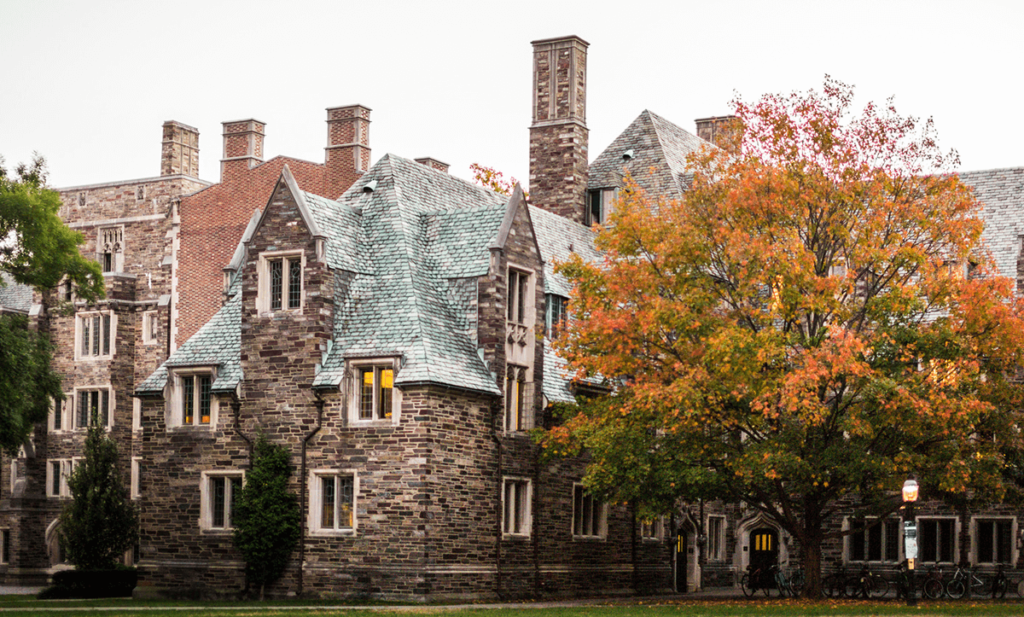
We slogged through school with bleary eyes and defiantly slammed lockers, and yet after all these years, we find ourselves yearning to return. Autumn must be the witching hour for the campus novel: all fallen leaves on the quad and freshly printed syllabi. But perhaps the darker, deeper moments pull us back, too. If not for struggle, how then would school be a rite of passage, our very own bildungsroman? Fortunately, there will always be scholastic books to bring us back … that, and 50-year reunions.
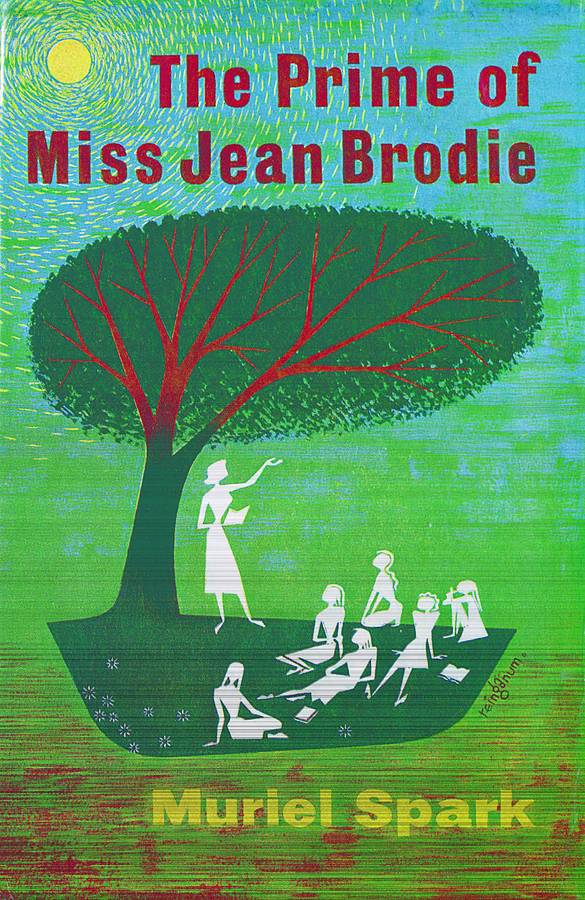
The Prime of Miss Jean Brodie by Muriel Spark
Trust us, you want to be part of the “Brodie Set” at Edinburgh’s Marcia Blaine School for Girls. They are the crème de la crème, selected by Miss Brodie herself, and as far as cliques go, this gaggle excels at taking down friends and enemies alike with droll jabs and insouciant revelations. In a series of flash forwards and flashbacks, Miss Brodie begins to realize the power of her teaching … and the power of her students. The movie adaptation stars a young Maggie Smith, who won an Oscar for the role in 1969.
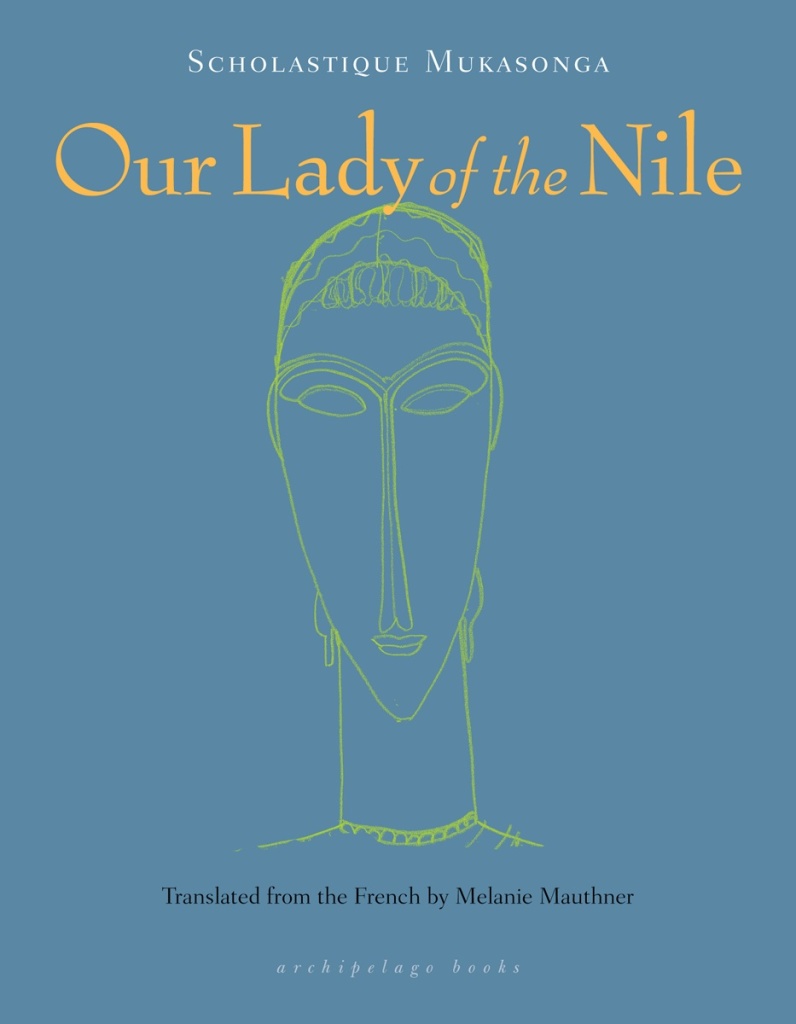
Our Lady of the Nile by Scholastique Mukasonga
Our Lady of the Nile lycée perches in the mountains at the source of the great river, secluded from the outside world but not fortified from the jealousy, fear, and betrayal fomenting inside. Prefiguring the Rwandan genocide by over a decade, Mukasonga’s novel (translated by Melanie Mauthner in 2014) flits between deeply rooted hatred and the daily to-dos of an all-girls Catholic school.
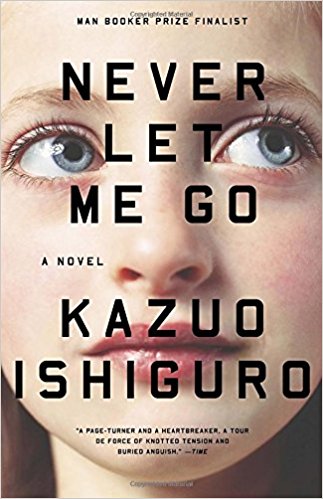
Never Let Me Go by Kazuo Ishiguro
Why are we different? Why are we special? Why are we important? As a student at the idyllic Hailsham boarding school, Kathy H. didn’t need to ask these questions: she’s different, special, and important because that’s what she was told. But now, after traveling around England for 12 years as a “carer,” she reconnects with her schoolmate Tommy and they begin to consider that perhaps it would have been better had they been a little less special.
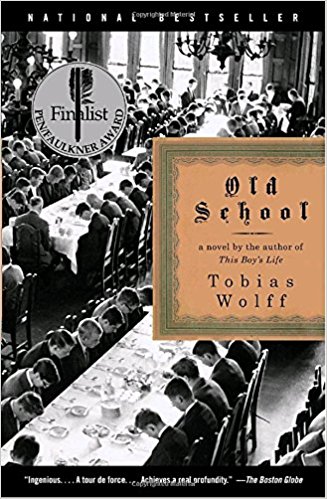
Old School by Tobias Wolff
Given what we know from Wolff’s two memoirs (This Boy’s Life and In Pharaoh’s Army), Old School is often considered a roman à clef—autobiography thinly veiled as fiction. Our narrator, a scholarship student at an elite prep school who craves above all else (including the honor code) to be a writer, must pinball between the styles of three visiting writers (Robert Frost, Ayn Rand, Ernest Hemingway) to find his own story.

The Last Samurai by Helen DeWitt
Do not compare your intellect to that of Sibylla and her son Ludo, unless of course you have read Homer in Greek at age four and moved on to Laplace transformations (it’s a math thing). But the search for knowledge is also about finding out who your father really is—watching The Seven Samurai for paternal structure won’t cut it forever. Ludo must learn to translate book knowledge into life knowledge if he ever wants to discover the truth.
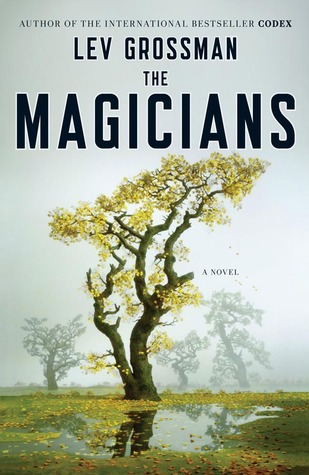
The Magicians by Lev Grossman
Yes, yes, there will always be Harry Potter and Hogwarts to daydream about. But we never got our acceptance letter and in Lev Grossman’s Magicians trilogy we can still go to wizard college, where there’s no shortage of booze, sex, and teenage angst. After that, there’s still the magical grown-up world to experience. If you’re still hung up on J. K. Rowling’s universe, she’s releasing two new books this October on the history of magic.

Skippy Dies by Paul Murray
Leave young Joyce to his own devices: the true portrait of Irish schooling that you need to read is this sweet and sordid novel, which opens with the death of the beloved, eponymous student and unravels from there. Seabrook College (actually a boarding school) brims with the antics of Skippy’s sidekicks and enemies, who pursue string theory, sarcasm, psychopathy, and sexual experimentation with equal aplomb. Your heartstrings will be both tugged and scandalized.
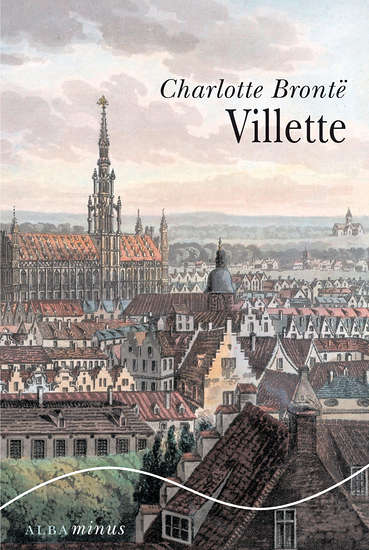
Villette by Charlotte Brontë
“Brontë’s finest novel,” extolled Virginia Woolf, and George Eliot said the same. But the last of Brontë’s books still isn’t acknowledged as the lonely masterpiece that it is. The heroine, Lucy Snowe, leaves England to teach at a girls boarding school in France. There, in the city of Villette, she falls in love with two men, and spins herself into a maelstrom of psychological ambiguity.
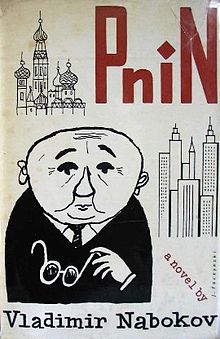
Pnin by Vladimir Nabokov
Forget Changing Places and Lucky Jim: this is the ultimate romp through academia. Nabokov skewers the Ivory Tower not with a stalwart wit, but via the bumbling, cringe-worthy émigré Russian professor, Timofey Pnin. He is a man who had “a deep admiration for the zipper.” But in contrast to Nabokov’s more well-known and reviled protagonist, Humbert Humbert, Pnin is a sympathic hero who, despite being constantly trod upon, is ultimately able to rise above the rest.

On Beauty by Zadie Smith
In an homage to E. M. Forster’s Howards End, Smith’s third book opens, “One may as well begin with Jerome’s e-mails to his father.” From there, we embark upon a transatlantic rivalry between two Rembrandt scholars and their political and familial entanglements, both inside and outside academia. Another Zadie Smith book not to miss, especially if you’re from Boston.
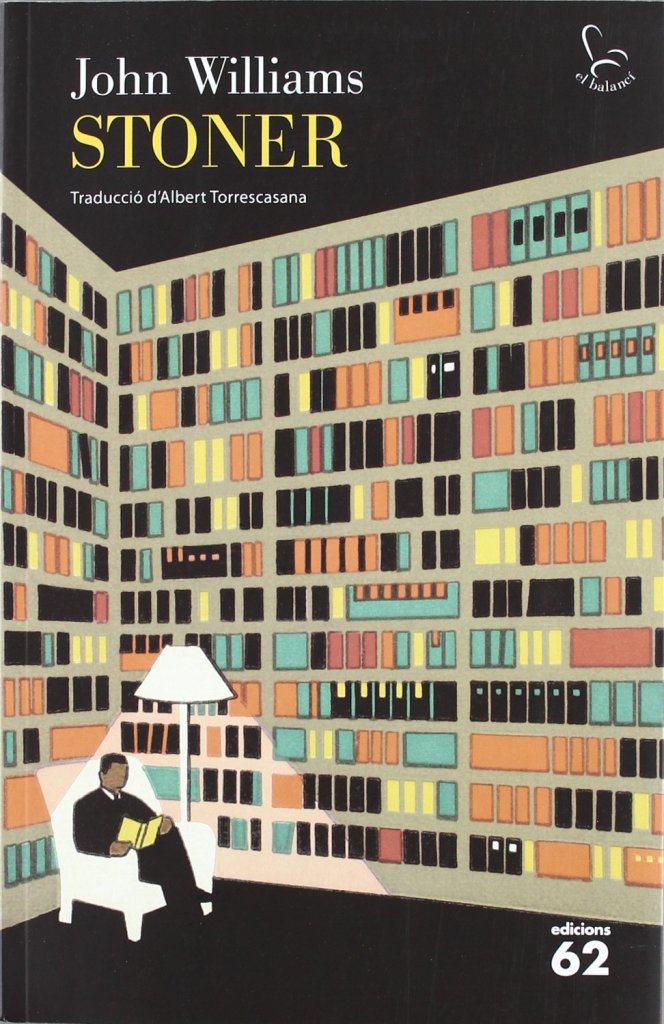
Stoner by John Williams
There is a quiet but drastic shift, a mere wave of his arms, when William Stoner, an undergraduate agriculture major, hears Shakespeare’s Sonnet 73. From now on, his life will revolve around the triumphs and sorrows of English literature. But a worrisome family, a precarious love affair, and professorial warfare all begin to eclipse his love for writing, a love “that well which thou must leave ere long.” (Soon to be a feature film starring Casey Affleck.)
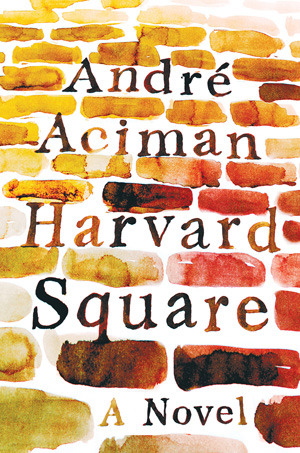
Harvard Square by André Aciman
Summer on campus is a lonely affair, especially for an English grad student who owes all his friends money. But then our narrator, an Egyptian from Alexandria, meets a Tunisian cab driver who takes him on a bromantic adventure around Boston, both of them questioning whether to accept or reject a life in the antique land of Cambridge, Massachusetts.
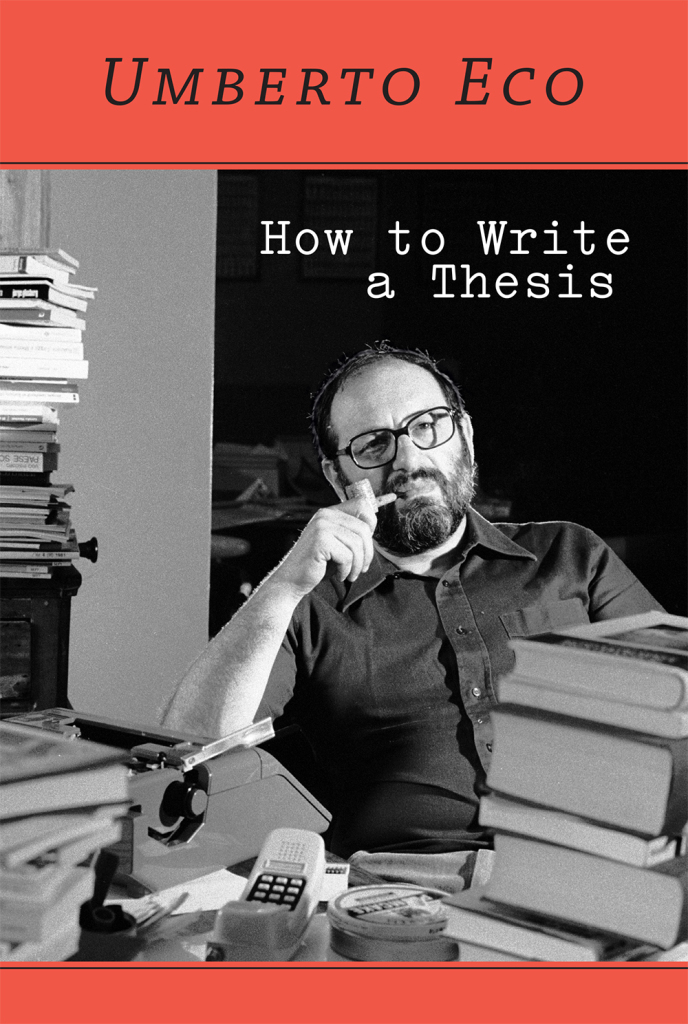
Bonus points: How to Write a Thesis by Umberto Eco
You’re not done with college until you’ve spent all those late nights in the stacks churning out a senior thesis. Umberto Eco (The Name of the Rose) knew this better than most, hence his vade mecum that surpasses its ostensible academic purpose with witty digressions that reveal the underbelly of any long research project—see Chapter 2.7: “How to Avoid Being Exploited by Your Advisor.”

